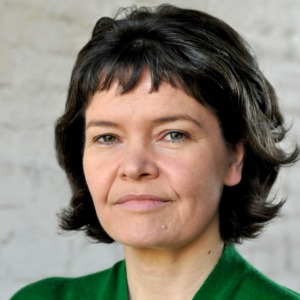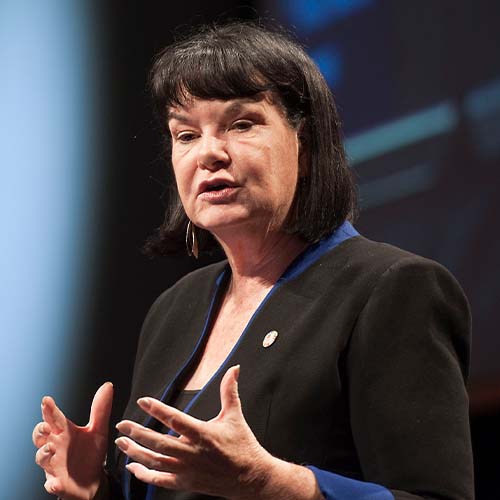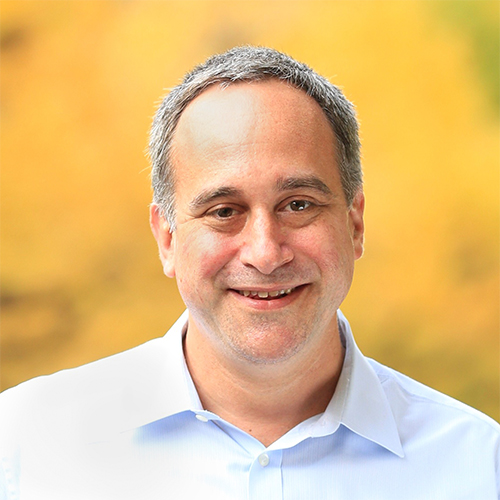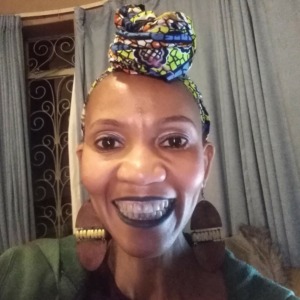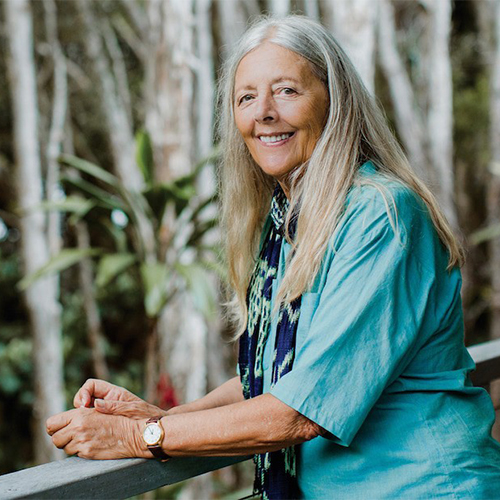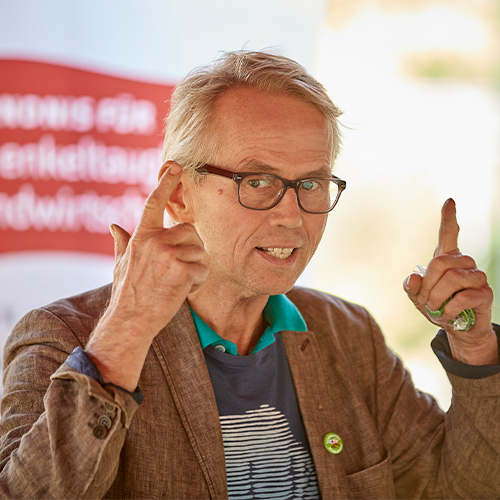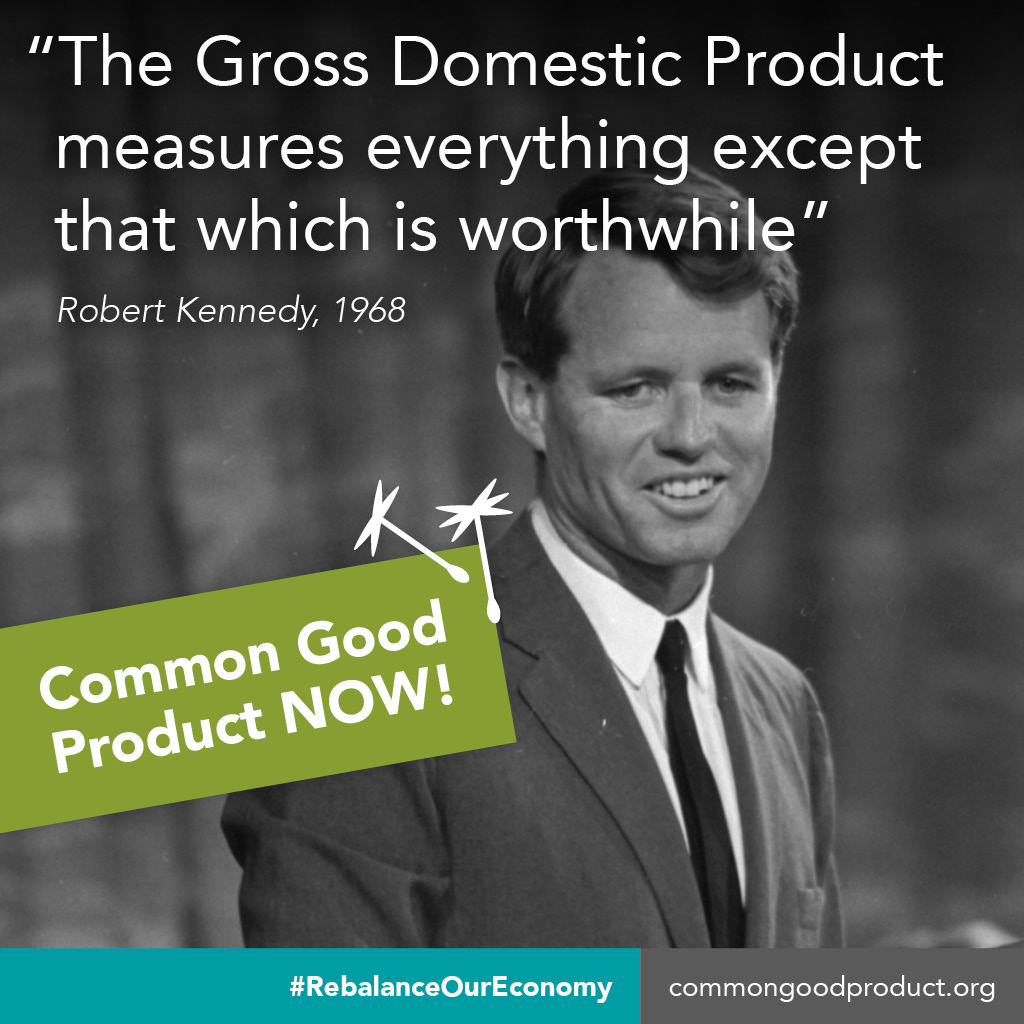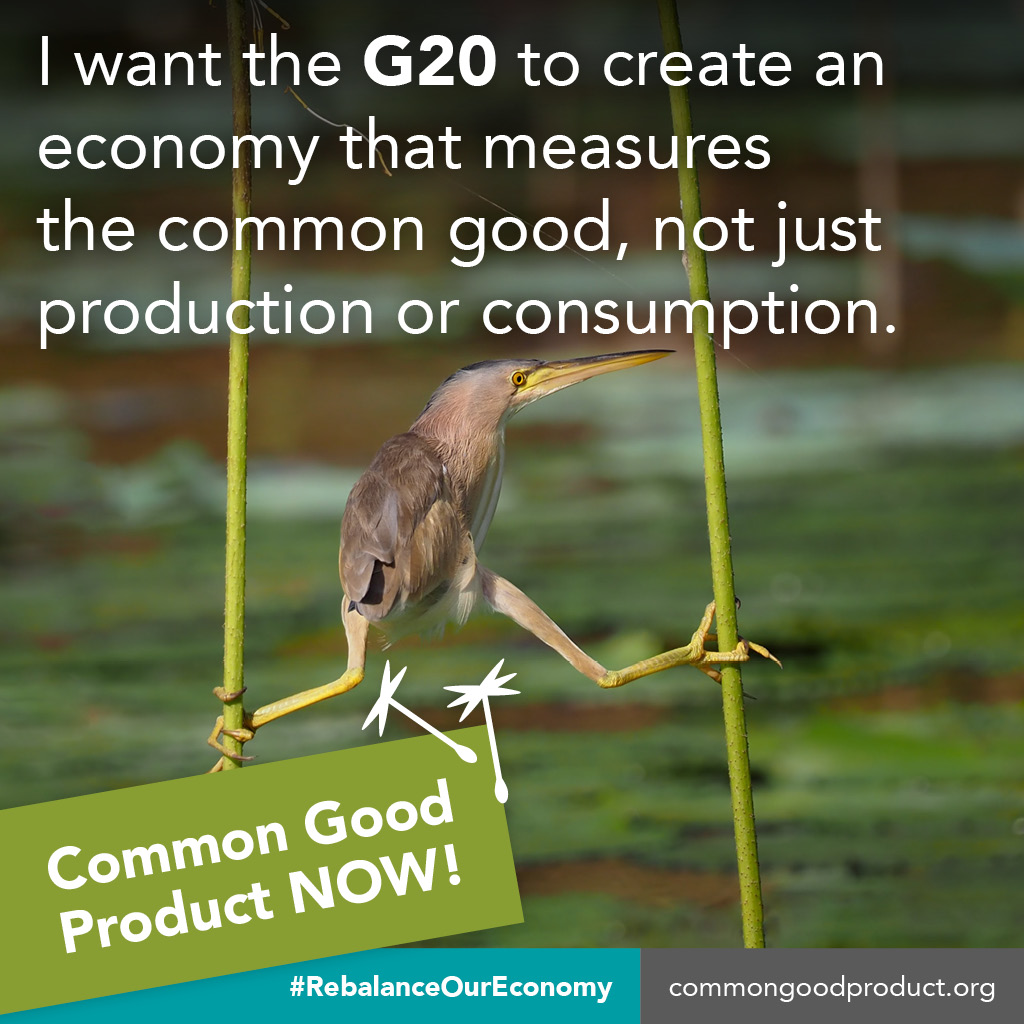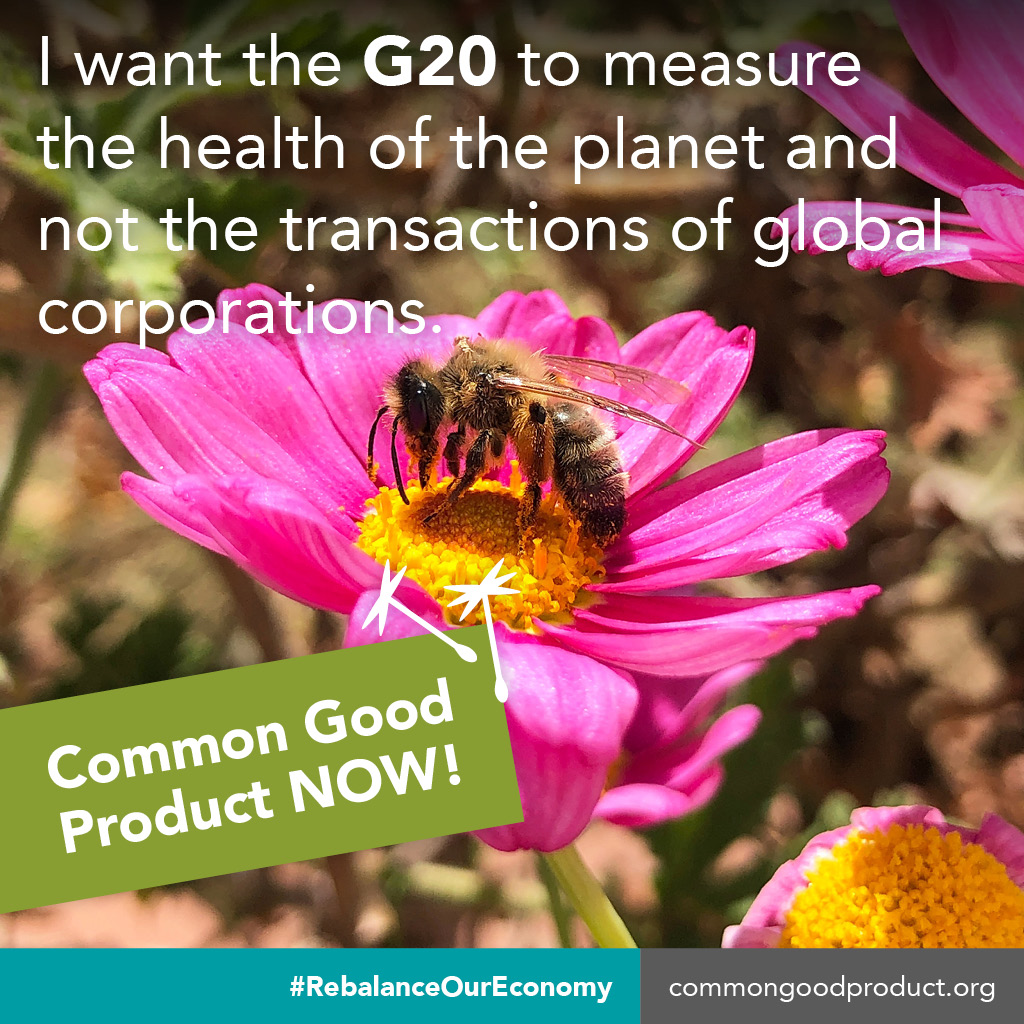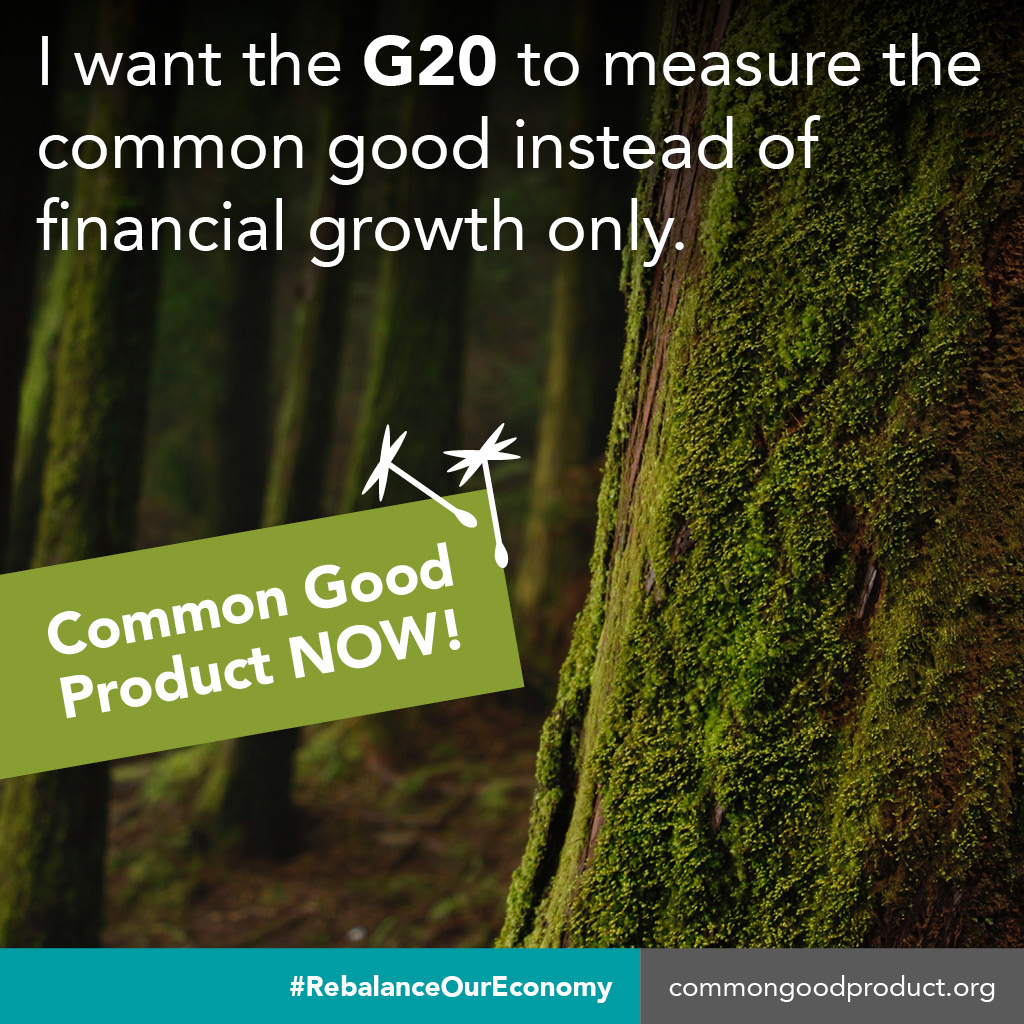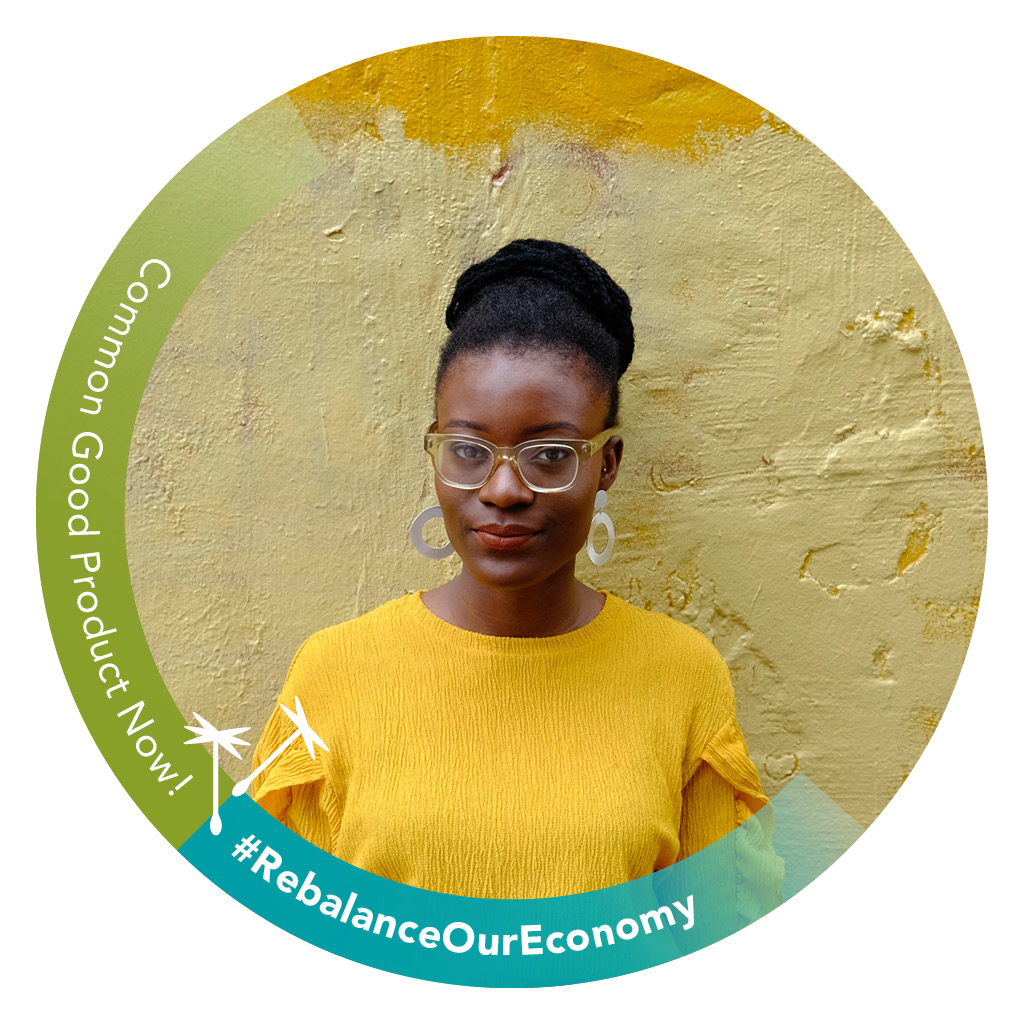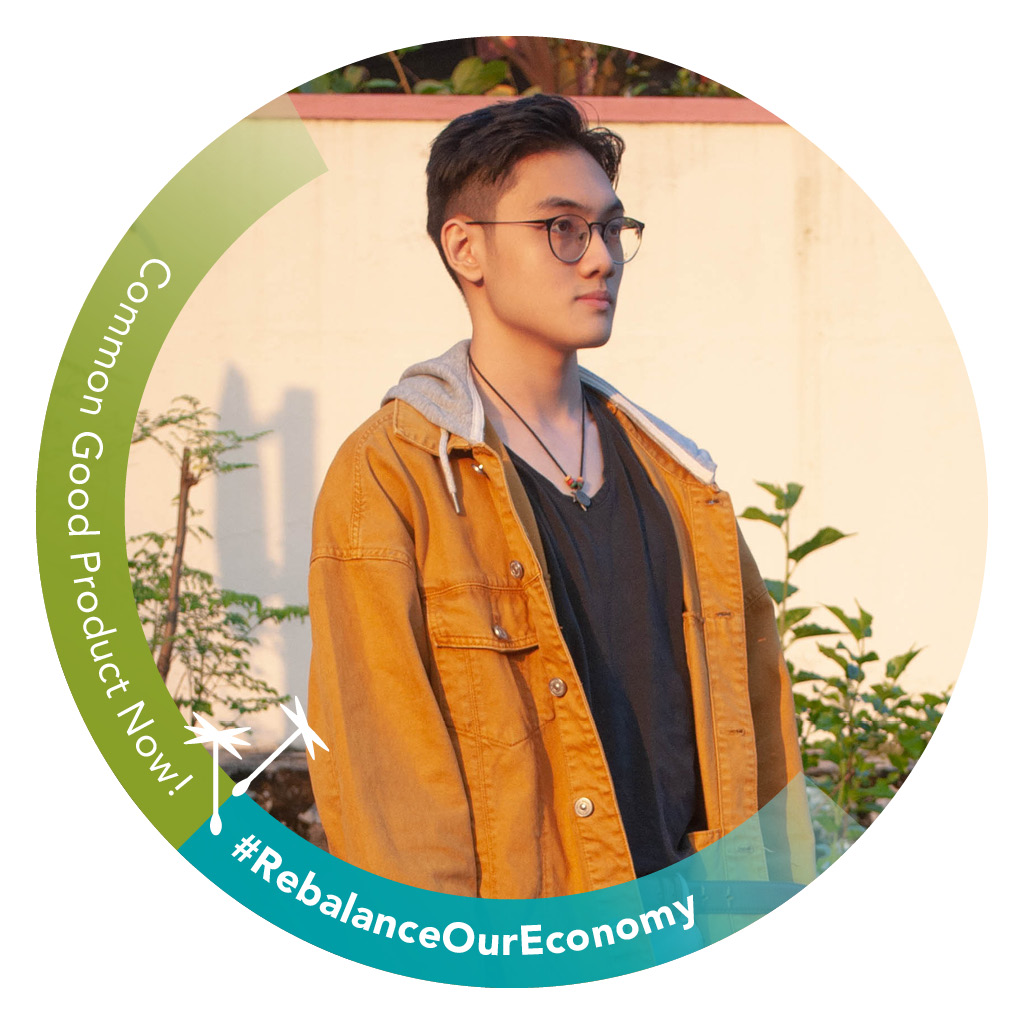Rebalance our economy with the Common Good Product
Reequilibrar nuestra economía con el Producto del Bien Común
Reequilibremos nuestra economía con el producto del bien común
Nuestra
actual forma de medir el éxito económico es inadecuada. El Producto
Interno Bruto (PIB) no está diseñado para apoyar la prosperidad humana y
planetaria. No informa a los responsables de la toma de decisiones
sobre la sostenibilidad real de nuestras economías.
El Producto del
Bien Común (PBC) es una medida innovadora que puede ser utilizada por
los responsables políticos y las sociedades para superar estas
limitaciones. En lugar de un crecimiento infinito en un planeta
limitado, su objetivo es aumentar el bienestar de las personas y la
naturaleza. Cambia el enfoque de la medición del éxito, de los medios
(crecimiento financiero) a los objetivos (el bien común).
https://lnkd.in/eFSTQgWC
https://lnkd.in/eFSTQgWC
Con
sólo un click podemos apoyar esta campaña impulsada por Kate Raworth
(doughnut economics) Christian Felber (Economía del Bien Común) Pedro
Tarak (Sistema B) entre otros.
https://cgp.ecogood.org/
In
the face of climate change and growing inequality, our current way of
measuring economic success is unfit. Gross Domestic Product (GDP) is not
designed to support human and planetary thriving. It fails to inform
decision-makers how sustainable our economies really are.
#ReequilibremosNuestraeconomiahttps://cgp.ecogood.org/
Nosotros,
los abajo firmantes, les pedimos a ustedes, los Jefes de los países del
G20, que asuman el liderazgo para una transición hacia un sistema
económico verdaderamente sostenible.
Uno que se mida a través del Producto del Bien Común y no del Producto Interior Bruto.
Un
sistema económico sólo puede ser socialmente justo y ambientalmente
sostenible si tiene estructuras incorporadas para prevenir el daño e
incentivar el comportamiento responsable. Ahora, después de que Covid
haya devastado nuestra normalidad como un huracán que barre la costa y
de que el cambio climático amenace nuestra propia existencia, debemos
aprovechar el impulso para hacer ese cambio hacia una economía adaptada
al futuro. En lugar de tratar los síntomas, debemos abordar la causa
fundamental de nuestra crisis global: nuestra actual forma de medir el
éxito económico.
El Producto Interior Bruto (PIB) no está
diseñado para apoyar la prosperidad humana y planetaria. No informa a
los responsables de la toma de decisiones sobre la sostenibilidad real
de nuestras economías. Esto se debe a que el dinero no es el objetivo de
la economía. Es el medio para hacer crecer el bien común. El
crecimiento del PIB es poco más que una agregación de transacciones de
mercado medidas en términos monetarios, como la producción y venta de
camisetas o de armas, independientemente de si contribuyen al bienestar
humano o lo perjudican. El PIB pretende aumentar el crecimiento, sin
tener en cuenta los límites planetarios y, por tanto, a costa de las
generaciones futuras.
Sin embargo, existen métricas alternativas
que permitirían a las sociedades ser más sostenibles. El Producto del
Bien Común desplaza el foco de la medición del éxito de los medios
(dinero y capital) a los objetivos (bienestar o bien común). El Producto
del Bien Común es una medida innovadora que puede ser utilizada por los
responsables políticos y las sociedades para superar las limitaciones
del PIB. En lugar de un crecimiento interminable en un planeta limitado,
su objetivo es aumentar el bienestar de las personas y la naturaleza.
El Producto del Bien Común ayuda a los políticos a promulgar leyes en
función de su contribución real al bien común y a hacer un seguimiento
de los avances en ámbitos como la seguridad climática, la regeneración
ecológica, la salud, la reducción de la pobreza o la igualdad. Con este
marco, sería más fácil incentivar la actividad económica que contribuye
al bien común, mientras que los free riders se encontrarían con mayores
obstáculos que en la actualidad.
Un proceso democrático
ascendente podría definir los valores y objetivos comunes de la
sociedad. Determinado en un proceso participativo e inclusivo, puede
incorporar los valores fundamentales de una sociedad, fortaleciendo así
nuestras democracias y la cocreación de nuestro futuro compartido. El
Producto del Bien Común puede resolver dos cuestiones en este momento:
la falta de participación de los ciudadanos en las decisiones políticas
fundamentales y una brújula más asertiva para nuestra economía.
Existe
un creciente consenso mundial de que ha llegado la hora de un cambio
fundamental en nuestras economías. Es hora de un cambio radical en
nuestra mentalidad. Adoptar y promover el Producto del Bien Común puede
ser una poderosa palanca para realizar ese cambio. Robert Kennedy dijo
en 1968 "El Producto Interior Bruto lo mide todo, excepto lo que hace
que la vida merezca la pena". El PIB no es -ni puede ser- la única
medida del progreso nacional. Por ello, les pedimos que reequilibren
nuestra economía permitiendo el desarrollo y la puesta en marcha de un
Producto de Bien Común, a nivel nacional, regional y local. Excelencias,
el momento de cambiar nuestro sistema económico es ahora. Se necesita
urgentemente su liderazgo político.
Firmar peticion
Davant del canvi
climàtic i la creixent desigualtat, la nostra forma actual de mesurar l’èxit
econòmic és inadequada. El producte interior brut (PIB) no està dissenyat per
donar suport a la prosperitat humana i planetària. No informa els responsables
de la presa de decisions sobre la sostenibilitat de les nostres economies. El
Producte Bé Comú (CGP) és una nova mesura innovadora que poden ser utilitzats
pels responsables polítics i les societats per superar aquestes limitacions. En
lloc d’un creixement sense fi en un planeta limitat, pretén augmentar el
benestar de les persones i la natura. Canvia el focus de la mesura de l’èxit
dels mitjans als objectius.
Us convidem a formar part d’una campanya global per crear una
economia més sostenible.
Davant el canvi climàtic i la creixent desigualtat, la nostra
manera actual de mesurar l’èxit econòmic no és apta. El Producte Interior Brut
(PIB) no està dissenyat per donar suport a la prosperitat humana i planetària.
No informa els responsables de la presa de decisions de com són de sostenibles
realment les nostres economies. El Producte del Bé Comú (PBC,
o CGP de l’anglès) és una nova mesura innovadora que pot
ser utilitzada pels responsables polítics i les societats per superar aquestes
limitacions. En lloc d’un creixement sense fi en un planeta limitat, té com a
objectiu augmentar el benestar de les persones i la natura. Canvia el focus de
la mesura de l’èxit dels mitjans als objectius. En lloc de tractar els
símptomes, hem d’abordar la causa fonamental de la nostra crisi global: la
nostra manera actual de mesurar l’èxit econòmic.
Per tant, el nostre moviment llança una campanya global al
voltant de la cimera del G-20 a Roma que té lloc del 30 al 31 d’octubre,
demanant als líders mundials que assumeixin el lideratge per a una transició
cap a un sistema econòmic veritablement sostenible. Un que es mesura a través
del Producte del Bé Comú en lloc del Producte Interior Brut.
La campanya G20 Common Good Product s’ha
iniciat el 25 d’octubre sota els hashtags #CommonGoodProduct, #RebalanceOurEconomy,
#ReequilibremosNuestraEconomía i tu en pots formar part.
Ajuda’ns a promoure una nova manera de pensar en l’economia. Ajuda’ns a deixar
que la gent descobreixi una manera alternativa de mesurar l’èxit econòmic.
Ajuda’ns a difondre la idea del Producte del Bé Comú, una nova eina per fer que
societats senceres siguin molt més sostenibles.
Serà una campanya veritablement global, impulsada per tots els
partidaris de l’economia del bé comú i els ciutadans del món que busquen
maneres de reequilibrar la nostra economia i crear societats sostenibles
pròsperes. Per a tot això, hem preparat un flyer PDF i una pàgina web: www.commongoodproduct.org (en anglés)
Si vols formar-ne part,
1. Signa la carta oberta, Demanar
als líders del G-20 que permetin el desenvolupament i el desplegament d’un
Producte del Bé Comú com a alternativa al Producte Interior Brut (PIB).
2. Comparteix el
contingut de les nostres xarxes socials i difon-lo en els teus comptes
personals com Twitter, Facebook, Instagram, LinkedIn a partir del 25 d’octubre.
3. Activa la teva xarxa
(mail, whatsapp, telegram, …)
1.
Signa la carta oberta als líders del G-20
Per impulsar la campanya enviarem una carta oberta al G-20
demanant-los que canviïn la nostra manera actual de mesurar l’èxit econòmic.
Per guanyar rellevància, ha de ser signat per persones com TU, que defensen un
moviment global per canviar l’economia per a millor.
Al lloc web trobes una llista de figures
públiques que donen suport a la campanya amb la seva imatge i cita.
Podeu signar la Carta oberta i
reenviar-la a amics, familiars i companys. Aquí teniu la versió en català.
2.
Compartir fotos a les xarxes socials
Hem creat una sèrie d’imatges a les xarxes socials perquè puguis
compartir-les a les teves xarxes.
Quan publiqueu les imatges, etiqueteu amics i companys i
publiqueu el contingut en grups o en pàgines de marca! Començarem a
compartir-les a partir del 25 d’octubre.
3.
Activa la teva xarxa
Difondre la informació de la campanya a través de WhatsApp,
Telegram o correu electrònic perquè altres en sentin a parlar i amplifiquin la
visibilitat i l’abast.
Benvolguts partidaris de l’ECG, ara és el moment de canviar el
nostre sistema econòmic.
Estem desitjant fer una allau amb vosaltres!
Llegir la carta oberta (CATALÀ)
Signar la Carta oberta (ANGLÈS)
In the face of climate change and growing inequality, our
current way of measuring economic success is unfit. Gross Domestic
Product (GDP) is not designed to support human and planetary thriving.
It fails to inform decision-makers how sustainable our economies really
are.The Common Good Product (CGP) is a new innovative
measure that can be used by policymakers and societies to overcome these
limitations. Instead of endless growth on a limited planet, it aims at
increasing the wellbeing of people and nature. It shifts the focus of
success measurement from the means to the goals. More info:
www.commongoodproduct.org
Dear
Excellencies,
We, the
undersigned call on you, the Heads of the G20 countries, to assume
leadership for a transition to a truly sustainable economic system.
One that is
measured through the Common Good Product rather than the Gross Domestic
Product.
An
economic system can only become socially just and environmentally sustainable
if it has built-in structures to prevent harm and to incentivize responsible
behaviour. Now, after Covid has devastated our normality like a hurricane
sweeping the coast and climate change is threatening our very existence, we
must seize momentum to make that shift to a future-fit economy. Instead of
treating symptoms, we must address the root cause of our global crisis: our
current way of measuring economic success.
Gross
Domestic Product (GDP) is not designed to support human and planetary thriving.
It fails to inform decision-makers how sustainable our economies really are
. This is because money is not the
goal of the economy. It is the means to grow the common good. GDP growth is
little more than an aggregation of market transactions measured in monetary
terms, such as the production and sale of t-shirts or weapons, regardless of
whether they contribute to – or harm – human wellbeing. The GDP aims at
increasing growth, regardless of planetary boundaries and thus at the cost of
future generations.
However,
there are alternative metrics which would allow societies to become more
sustainable.
The Common Good Product shifts the focus of success measurement from the
means (money and capital) to the goals (wellbeing or common good). The Common Good
Product is a new innovative measure that can be used by policymakers and
societies to overcome the limitations of GDP. Instead of endless growth on a
limited planet, it aims at increasing the wellbeing of people and nature. The
Common Good Product helps politicians to enact legislation based on their
actual contribution to the common good and to track progress in areas such as
climate security, ecological regeneration, health, poverty alleviation or
equality. With such a framework, it would be easier to incentivise economic
activity that contributes to the common good whilst free riders would meet
higher hurdles than today.
A democratic bottom-up process could define
society’s common values and objectives. Determined in a participatory and
inclusive process, it can incorporate the core values of a society, thereby
strengthening our democracies and the co-creation of our shared future. The
Common Good Product can resolve two issues at the time: the lack of citizens’
involvement in fundamental political decisions and a more assertive compass for
our economy.
There
is a growing global consensus that it is time for a fundamental change in our
economies. It is time for a radical shift in our mindsets.
Adopting and promoting the Common
Good Product can be a powerful lever to make that shift.
Robert
Kennedy said in 1968: “The Gross Domestic Product measures everything except
that which makes life worthwhile.” GDP is not – and cannot be – the only measure of
national progress. Therefore, we call on you to rebalance our economy by
enabling the development and roll-out of a Common Good Product, at national,
regional and local levels.
Excellencies,
the time to change our economic system is now. Your political leadership is
urgently needed.
Sincerely,
Signatories
Posted
18 October 2021
https://secure.avaaz.org/community_petitions/en/g20_leaders_common_good_product_now/?rc=fb&utm_source=sharetools&utm_medium=facebook&utm_campaign=petition-1344773-common_good_product_now&utm_term=tcWFsb%2Ben&fbclid=IwAR3eTM7IPINFVqNM72hXtUgscPn_Ll6rRpwWoiVXl4azhwc82pGc2o-fdyQ
Rebalance our economy with the Common Good Product
In
the face of climate change and growing inequality, our current way of
measuring economic success is unfit. Gross Domestic Product (GDP) is not
designed to support human and planetary thriving. It fails to inform
decision-makers how sustainable our economies really are.
The Common Good Product (CGP) is a new
innovative measure that can be used by policymakers and societies to
overcome these limitations. Instead of endless growth on a limited
planet, it aims at increasing the wellbeing of people and nature. It
shifts the focus of success measurement from the means to the goals.
Spread the word!
Share the idea of the Common Good Product with your network and sign the petition to the G20.





